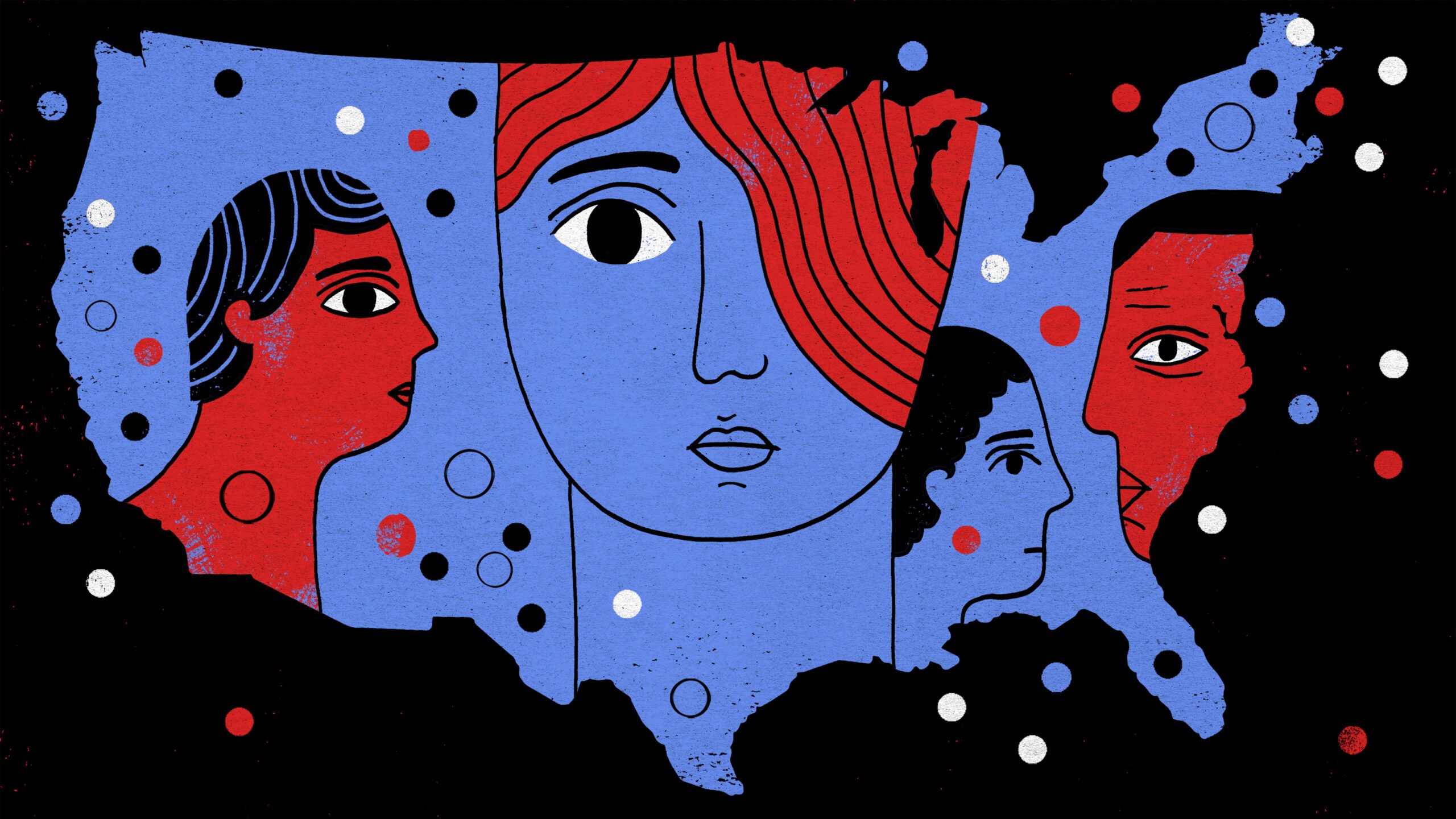What To Know Today
A paralyzed ATF at the center of Biden’s gun agenda. It’s the only federal agency whose primary mission involves enforcing American’s gun laws. Absent federal legislation, the Bureau of Alcohol, Tobacco, Firearms and Explosives is also the nexus for many of the Biden administration’s gun policy priorities, including regulating ghost guns and conducting the first federal assessment of U.S. gun trafficking since 2000. Biden has nominated longtime agency veteran-turned-gun reform advocate David Chipman to be the bureau’s first permanent director since 2015. But the agency he would inherit, The New York Times reports, has been plagued by underfunding, questionable priorities, and successful National Rifle Association-backed efforts to stymie its regulatory power, including barring it from digitizing many of its records. (That restriction, the Times notes, caused the floor in the agency’s gun tracing center to literally collapse under the weight of the required paper files.) Meanwhile, the explosion of firearms sales in the last two decades has far surpassed the agency’s ability to inspect gun dealers, one of its key functions. “The ATF is the only federal organization that is basically the same size it was in 1972,” one longtime agency vet told the Times.
“Because Black people are dying across the state”: Illinois organizers call for stimulus dollars to be used for violence prevention. The $1.9 trillion American Rescue Plan includes billions in funding for state and local governments, and community violence groups have targeted the immense resources available for violence prevention, mental health, reentry services, trauma recovery, and community development. Faith leaders and advocates in Illinois on Sunday gathered in Chicago to press Governor J.B. Pritzker and Chicago Mayor Lori Lightfoot to invest portions of their ARP funding in community violence prevention programs. Live Free Chicago and Fund Peace Illinois, the organizers of the state coalition, note that Illinois has been allotted $13 billion in overall funds from the ARP — $7.5 billion for the state and the rest for cities and counties. “This is the moment where our elected officials can show us where their morals are,” the Reverend Ciera Bates-Chamberlain, executive director of Live Free Chicago-Live Free Illinois, said during the rally.
Texas considers legislation to punish top banks over firearm policies. Bloomberg news reports that Senate Bill 19 would block the state from giving contracts to banks with policies limiting business with the firearms industry. The proposed legislation, which could have huge implications for the state’s multibillion-dollar bond market, comes after numerous banks — including Bank of America, JP Morgan Chase, and Citibank — have cut or limited ties with gunmakers over reputational, brand, and values concerns. “Any company that uses financial pressure in order to limit Texans’ ability to purchase guns or ammunition should not be tolerated,” the bill’s author said.
NRA bankruptcy case moves to closing arguments. After the completion of witness testimony, the gun group and its debtors will square off in a Texas court today for an all-day session over the NRA’s pursuit of Chapter 11 protections and its desire to relocate to Texas. Presiding Judge Harlin Hale has told parties to expect a ruling a week after closing arguments conclude. Watch this space for more developments.
There were eight mass shootings across the country over the weekend. Six people were killed and another 29 were injured in incidents across the country, according to the Gun Violence Archive. In the deadliest mass shootings (defined as four or more people shot), six people were shot — two fatally — in New Orleans on Saturday, one of a spate of shootings there over the weekend. Separately: A gunman killed two people and injured one at a casino in Green Bay, Wisconsin, on Sunday.
ICYMI: Veteran researcher hails California move to end hold on data for state-funded gun violence research center. Garen Wintemute, head of the Firearm Violence Research Center in California, earlier this year accused then-state Attorney General Xavier Becerra of withholding public health data that was essential to the completion of several research projects. Becerra’s successor, Rob Bonta, recently reversed course and said he would release the data to the center and conduct a review into the state Justice Department’s data disclosure practices. Wintemute cheered the decision. “We will be completing projects we didn’t think we could complete, we will be reinvigorating projects that have been sort of on hold,” he told The Trace in our weekly newsletter. “You need the data to do the science, and you need to do the science to save lives.”
Data Point
11 out of 25 — the number of cities with the highest homicide rates per 100,000 that saw their rankings get worse from 1990 to 2019. Overall, there were huge drops in violent crime in that period — the so-called Great American Crime Decline — but the effect was very uneven and powered by particularly large drops in places like New York City. [Criminologist John Roman]

